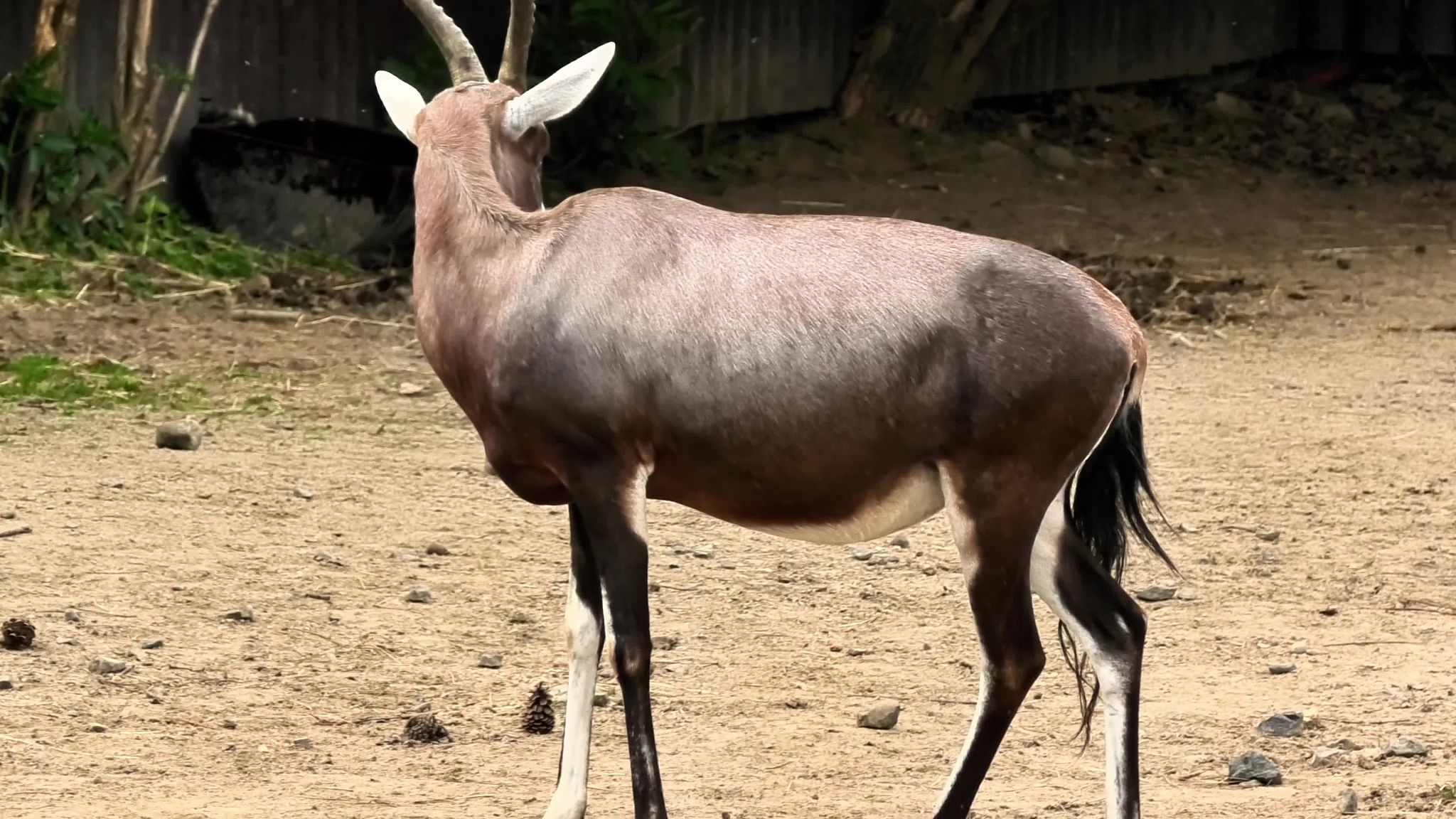Virtual vs. Traditional Safaris: Which is Right for You?
Understanding Virtual Safaris
In recent years, virtual safaris have gained popularity as a unique way to experience the wild from the comfort of your home. Utilizing advanced technology, these safaris allow you to explore diverse landscapes and observe wildlife through live streams and 360-degree videos. This innovative approach offers the chance to witness the majesty of nature without the need for travel.
One of the key advantages of virtual safaris is accessibility. With just an internet connection, you can embark on a journey across continents, discovering the vast beauty of ecosystems ranging from African savannahs to dense Asian jungles. This makes it a perfect option for those who may find traditional travel challenging.

The Allure of Traditional Safaris
Traditional safaris, on the other hand, provide an unparalleled immersive experience. Being physically present in the wild allows you to engage all your senses—smelling the earth, feeling the breeze, and hearing the distant calls of wildlife. This tangible connection to nature is something that cannot be fully replicated online.
Moreover, traditional safaris offer opportunities for direct interaction with local cultures and guides. These encounters provide deeper insights into conservation efforts and the natural history of the region, enriching the overall experience. For many, these personal interactions are a highlight of their adventure.

Comparing Costs and Logistics
When considering a safari, cost is often a significant factor. Virtual safaris tend to be more budget-friendly, eliminating expenses such as flights, accommodations, and meals. This makes them an attractive option for those looking to enjoy the wonders of wildlife without breaking the bank.
Conversely, traditional safaris involve more planning and investment. From booking flights and accommodations to organizing guided tours, the logistics can be complex. However, for those seeking a once-in-a-lifetime experience, the expense is often justified by the memories created.
Sustainability and Conservation Impact
Sustainability is an important consideration in today's world. Virtual safaris have a lower environmental impact, as they do not involve physical presence in wildlife habitats. This can help reduce stress on ecosystems and contribute to conservation efforts by limiting human interference.

Traditional safaris can also play a positive role in conservation when managed responsibly. Many safari operators support local communities and conservation projects through funding and employment opportunities. Participating in these safaris can directly contribute to preserving wildlife and habitats.
Deciding Which Option is Right for You
The choice between virtual and traditional safaris ultimately depends on your preferences and circumstances. If you're seeking a low-cost, convenient way to explore nature from home, a virtual safari might be the perfect fit. However, if you're looking for an adventurous escape with deeper cultural connections and sensory experiences, a traditional safari could be more fulfilling.
Consider your budget, travel goals, and personal interests when making your decision. Regardless of your choice, both virtual and traditional safaris offer unique ways to appreciate and support our planet's incredible biodiversity.